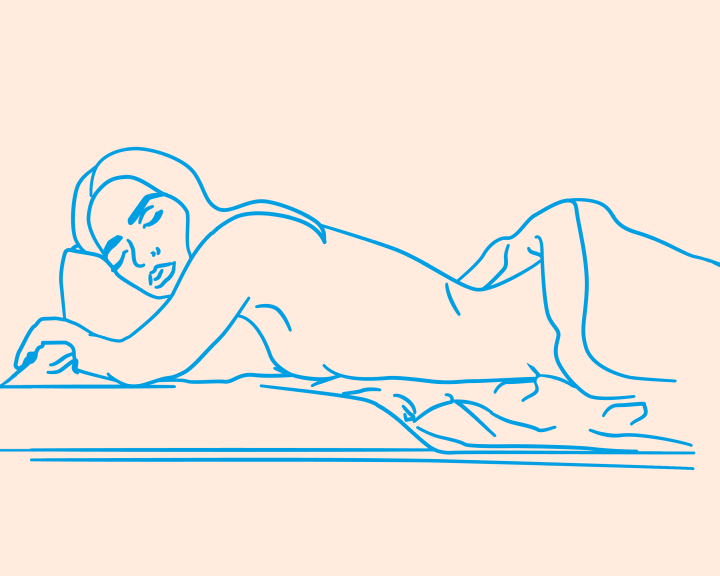To provide services at the highest level, we use cookies. Using the website requires you to choose settings related to their storage on your device. If you want to know what each type of cookie is used for, click the Details button below.
Try a unique probiotic for healthy skin! 8 kwietnia 2022 |

Probiotics used in Skin+ technology products are live microorganisms that have the ability to colonize the skin and have a beneficial effect on its microflora. The skin has a natural microbiome, which is a diverse population of bacteria and yeasts that plays a significant role in maintaining its biological balance and health. Instability of the skin's microflora can lead to difficulties such as dryness, acne, irritation, or sensitivity.
By using probiotics, it is possible to achieve noticeable and lasting improvement in the condition of the skin, as well as moisturization and reduction of inflammatory conditions. They can also be used for alleviating skin problems. Probiotics can be applied in the form of cosmetics such as traditional creams, serums, or masks applied to the face.
The patented probiotic Bacillus indicus PD01, which is incorporated into materials utilizing the Skin+ technology, is enclosed in nanocapsules. These capsules open upon friction caused by skin contact, releasing the probiotic. Subsequently, the probiotic multiplies on the surface of the skin. The action of the probiotic bacteria Bacillus indicus PD01 results in the production of natural carotenoids, which are effective antioxidants.
This is a completely innovative and patented solution from the Belgian company BekaertDeslee, whose fabrics we use. Several distinguished scientific entities were involved in the entire process of creating the Skin+ technology based on probiotics, notably BekaertDeslee Academy, Devan Chemicals, and ProDigest, in collaboration with the prestigious higher education institution Ghent University. Thanks to their extensive efforts, the nanocapsules with probiotics strongly bond with the fibers of textile materials, enabling them to withstand up to 20 washes at temperatures up to 40°C.
Yes. The probiotic Bacillus indicus PD01 acts on the skin through the carotenoids it produces. These carotenoids belong to a group of very strong antioxidants. Thanks to this probiotic, the skin becomes healthier and smoother.
Yes. The Bacillus indicus PD01 probiotics produce carotenoids, which are natural antioxidants. These probiotics help the skin regenerate. Additionally, they slow down the oxidation of skin cells, which can have anti-aging and anti-wrinkle effects.
The best probiotic for the skin is Bacillus indicus PD01. This probiotic works by producing carotenoids, which are natural antioxidants. The oxidation of skin cells causes aging, and this probiotic prevents that. Therefore, the use of Bacillus indicus PD01 probiotic helps inhibit skin aging processes, replacing probiotic and carotenoid creams.
For atopic dermatitis (AD), it is recommended to use fabrics containing Bacillus indicus PD01 probiotics. Sleeping on bedsheets and pillows made with Skin+ technology, which utilizes the positive effects of probiotics, helps reduce the symptoms of atopic dermatitis (AD) and promotes faster and better skin regeneration.
Probiotics are good for everything. The effectiveness of a probiotic depends on its intended purpose and how it is administered. The best probiotic for the skin is the patented strain of bacteria, Bacillus indicus PD01, which helps moisturize and regenerate the skin.